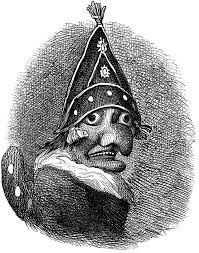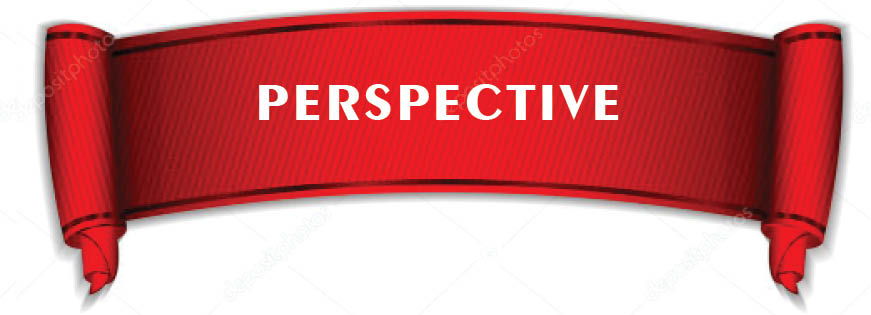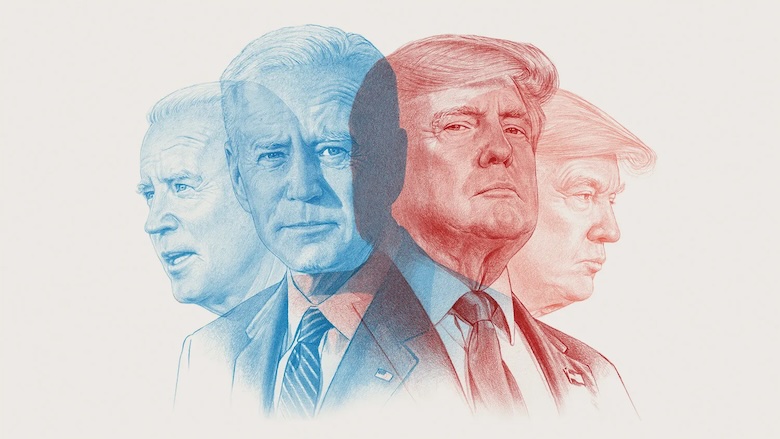Sunday Morning June 9, 2024
Former U.S. President Donald Trump was found guilty of 34 felony counts by the New York County of Manhattan, including: tax fraud; falsifying business records with the intent to commit other crimes; violation of federal campaign finance limits; and unlawfully influencing the 2016 U.S. presidential election.
House Judiciary Committee Chairman Jim Jordan, R-OH demanded the Manhattan District Attorney Alvin Bragg and prosecutor Matthew Colangelo appear before a hearing on the “weaponization of the federal government, and the unprecedented political prosecution of former President Donald Trump.”
Speaking from his namesake tower in Manhattan, in a symbolic return to the campaign trail the presumptive Republican presidential nominee delivered a message that the verdict was rigged, driven by partisan politics, and characterized the United States as a “corrupt and fascist nation.”
President Joe Biden reacted on X: ”Donald Trump is threatening our democracy. First, he questioned our election system. Then, he questioned our judicial system.” Clearer still were his remarks in his “Battle for the Soul of the Nation” speech at Independence Hall: “the extreme MAGA agenda is semi-fascist.”
Decrying fascism on both sides of the aisle a word. Merriam-Webster. Fascism: noun:
A political philosophy, movement, or regime that exalts nation and often race above the individual, and that stands for a centralized autocratic government headed by a dictatorial leader, severe economic and social regimentation, and forcible suppression of opposition.
STRONGMEN
Historians, political scientists and scholars have long debated the exact nature of fascism, yet each manifestation has unique elements that share a single, compelling theme. Each and all begin with a political ideology whose mythic core in all permutations is palingenetic—a rebirth.
In his book ‘How Fascism Works: The Politics of Us and Them,’ Jason Stanley observes that the birth of fascism always presents "a leader who promises national restoration.” Theres a threat to a nation in play + a leader who can solve it.” COVID-19, George Floyd protests, and the events of Jan. 6 at the U.S. Capitol promulgated an uptick of fascist rhetoric in the United States. However, fascist rhetoric and fascism are quite different.
Political theorist Roger Griffin describes fascism as "a political ideology whose mythic core has permutations of populist ultranationalism.” According to Griffin, “without palingenetic ultranationalism there is no genuine fascism.” Griffin’s three core components for fascism include: the rebirth myth, populist ultra-nationalism, and the myth of decadence.
In Griffin's view, fascism is "a genuinely revolutionary form of anti-liberal or anti-conservative nationalism built upon a complex range of theory, culture and class.” Griffin adds, “You can be a total xenophobic racist male chauvinist bastard and still not be a fascist.”
While fascism draws on old, ancient, even arcane myths of racial, cultural, ethnic, and national plans for the 'new man,’ the ideology strives to forge social rebirth based on a holistic-national radical alternative called the Third Way. By definition, Trump’s “Make America Great Again” and Biden’s “Battle for the Soul of the Nation” slogans in 2020 were at best recollections of the nation’s former glory.
The American Way
The origins of fascism in the United States date back to the late 19th century and can be traced to Jim Crow laws in the American South; the rise of eugenicist discourse; and the intensification of nativist and xenophobic hostility towards European immigrants. During the early 20th century, the first fascist groups emerged in the United States, including the Ku Klux Klan (KKK), Black Legion, and the German American Bund. During the 20th century, each and all conspired to launch a revolution against the United States.
The Smith Act (1940) set criminal penalties for advocating the overthrow of the U.S. government by force or violence, after which the United States begins suppressing fascist movements, disbanding fascist organizations, censoring fascist propaganda.
However, fascist rhetoric re-emerged after WWII. President Truman’s EO #9835 requires all federal civil-service employees be screened for loyalty; after which McCarthyism ensues along with a campaign spreading fear of communism, institutionalized political repression, and persecution of left-wing individuals.
While American fascist revolutions failed, and McCarthyism eventually lost credibility, the KKK, Black Legion and McCarthyism were arbiters for white supremacy. Stanley observes, correctly, “white supremacy demands and implies a perpetual hierarchy in which whites dominate and control non-whites.”
Social Identity Theory
In 2010, the American Third Position Party (later the American Freedom Party) began channelling resentment engendered by the Obama Administration and 2008 Financial Crisis into the Oath Keepers, Proud Boys and Three Percenters, among the 2000+ people who stormed the U.S. Capitol on Jan 6.
Americans, as then, had a dim view of the nation’s future, and were looking more positively at the past. They had a negative mood about the current state of the country, with large majorities expressing dissatisfaction with the economy and overall national conditions. When they looked toward the future they saw a country that in many respects was worse than it is today, according to a new Pew Research Center survey.
Sizable majorities of U.S. adults say that by 2050 the U.S. economy will be weaker, the United States will be less important, political divisions will be wider, and there will be a larger gap between the rich and the poor. When Americans reflect on the country’s past, the present and future look grim.
Social identity is the part of ourselves that has disappeared into the group. When we define ourselves by our affiliation with institutions, i.e., our schools, cities, caste, churches, race, nation or state we hitch our personal identity to an institution. Known for his theory of psychosocial development of human beings, Erik Erikson coined the phrase “identity crisis.”
According to Erikson, a series of eight sequential developmental stages accompany the individual through life. Resolving existential questions and psychological crisis in each yield virtues. These include: Hope > Will > Purpose > Competence > Fidelity > Love > Care > and Wisdom. According to Erikson, an identity crisis is to be stuck in one of the stages.
The KKK, Jim Crow, slavery, the resettlement and genocide of indigenous peoples, and of course colonialism were all fascist solutions. Presidents referring to college protests as "lawless," or to profess "Biden is running a Gestapo Administration" is fascist rhetoric. However, claims of stealing elections; the unprecedented prosecution of former presidents; and former President Trump's sentencing on Tuesday are entirely new territory for the republic.
If, dear reader, or whether America is cycling toward a reset of greatness, a reboot of glory, or a rebirth of the nation we dare not assume the objective wisdom to make that determination.








